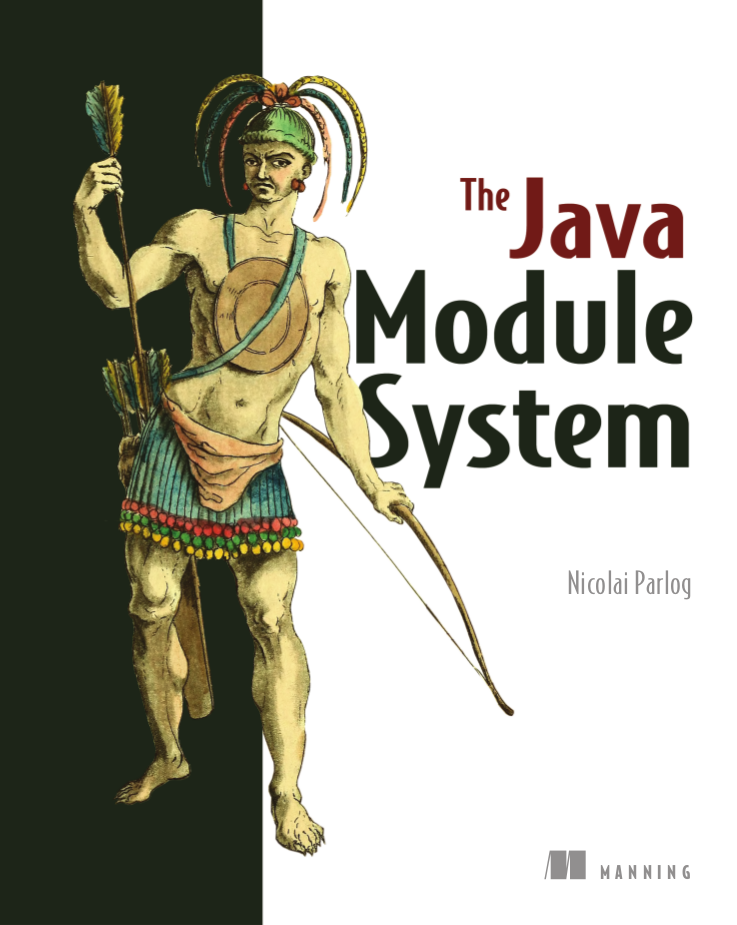Java Next!
Release Cadence, Licensing, and Long-Term Support
Java Next!
| Release Cadence |
| Oracle JDK vs OpenJDK |
| Long-Term Support |
Slides at slides.codefx.org.
Tweet questions with #JavaNext
Java Next!
| Release Cadence |
| Oracle JDK vs OpenJDK |
| Long-Term Support |
A new Java, every six months.
Old release cadence
The plan
releases are driven by flagship features
new major release roughly every 2 years
Old release cadence
The reality
Java 7 took 5 years
Java 8 took 3 years
Java 9 took 3.5 years
"Bump an 'almost ready' feature
2+ years into the future?"
⇝ "Better to delay the release."
Downsides
implemented features provide no value
increases reaction time
puts (political) pressure on projects
makes everybody grumpy
The new world
If it hurts, do it more often.
fixed six-month release cadence
(March and September)ship everything that is ready
All are major releases
with known quality guarantees.
⇝ No "beta versions"!
Implementation
features are developed in "branches"
merged into "master" when (nearly) finished
"release branch" created 3 months prior
only bug fixes merged to "release branch"
Upsides
completed features get out earlier
no pressure to complete features on time
easier to incubate features
easier to react to changes in the ecosystem
Release fatigue?
"Java will change too fast."
"Constant migrations will be expensive."
"Test matrix will explode."
"Ecosystem will fragment."
Fast Change
The rate of innovation doesn’t change. The rate of innovation delivery increases.
Maybe speed will pick up a little:
recent activities target low-hanging fruits
Oracle is focusing on Java core (my impression!)
Fast Change
By and large:
Evolution will be steadier, not faster.
(see Java 11)
Expensive migrations
But not the norm:
Java 10 is trivial
Java 11 is easy
Oracle is still committed
to backwards compatibility!
Expensive migrations
Balance shifted between
compatibility vs evolution:
@Deprecated(forRemoval=true)"one major release" is now 6 months, not 36
increasing bytecode level
incubating features (if used incorrectly)
Expensive migrations
Remedies:
stick to supported APIs
stick to standardized behavior
stick to well-maintained projects
keep dependencies and tools up to date
consider using
jlink
Exploding test matrix
As the range of supported versions increases…
builds need to run against all of them
developers need to switch between them
Many tools already support this.
⇝ We need to know how.
Also: Moar automization!
Fragmenting Ecosystem
"This will be like Python 2/3!"
No.
Advice
find a suitable update cadence
build on each release (including EA)
report problems
only rely on standardized behavior
heed deprecation warnings (
jdeprscan)keep dependencies and tools up to date
Most importantly:
Be aware of what’s coming!
Java Next!
| Release Cadence |
| Oracle JDK vs OpenJDK |
| Long-Term Support |
OpenJDK is the new default!
Oracle JDK vs OpenJDK
Sun/Oracle JDK used to…
contain more features
be perceived as more stable
be perceived as more performant
As of Java 11, on a technical basis,
Oracle JDK and OpenJDK are identical.
*
Oracle JDK vs OpenJDK
Only difference is license and support model:
Oracle ships OpenJDK at jdk.java.net,
licensed under GPL+CEOracle JDK is fully commercial:
from 11 on, no free use in production
⇝ OpenJDK is the new normal!
Java Next!
| Release Cadence |
| Oracle JDK vs OpenJDK |
| Long-Term Support |
What if you (or your customers)
don’t want to update every six months?
Oracle support
What does Oracle support?
free updates for current OpenJDK version
(i.e. six months)commercial support for Oracle JDK
for 5+ years for Java 11, 17, 23, etc.
(called Java SE Subscription; prices)
⇝ No free LTS by Oracle.
Oracle support
How does Oracle handle bug/security/etc fixes?
usually developed on "master" (OpenJDK)
merged to current version’s "branch" (OpenJDK)
merged to current LTS version (Oracle JDK)
⇝ "LTS" means merging fixes
into old JDK versions.
Commercial LTS
Free LTS
Current discussions give hope:
free LTS for OpenJDK 11, 17, 23, etc.
by the community for 4+ yearsbuilt and shipped by Adopt OpenJDK
Free LTS
[L]et me assure you of one thing: whether by Oracle or Red Hat or someone else, JDK LTS releases will continue to be supported. We all have a lot invested in Java, and we won’t let it fall.
About Nicolai Parlog
Follow
Want More?
⇜ Get my book!
You can hire me:
training (Java 8-11, JUnit 5)
consulting (Java 8-11)


